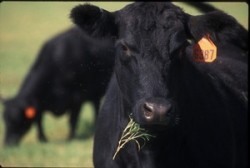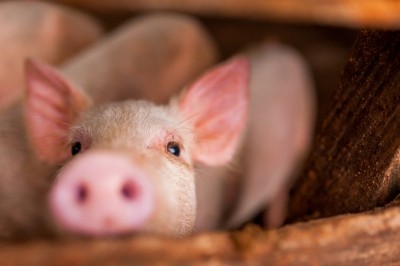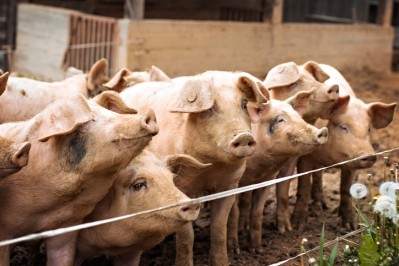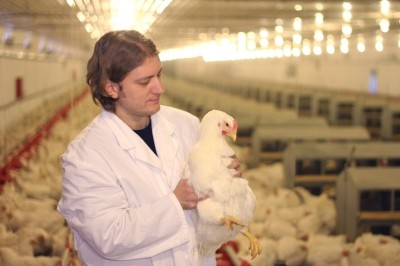Zilmax field trials underway but Cargill and Tyson still ban product in their supply chains

The muscle-building Zilmax, which is fed to cattle during the last few weeks they are in feed yards, was approved by the FDA in 2006, but its safety was called into question in August 2013 when it was claimed it caused lameness in cattle.
Merck halted sales of the drug last summer after Tyson Foods said it would no longer accept Zilmax-fed beef, further raising global concerns about its use.
Zilmax has been off the market since last August, and, as such, many US feedlots have switched to ractopamine-based Optaflexx, made by Merck competitor, Elanco Animal Health, reported Reuters.
Processor ban on Zilmax-fed cows
“Our position has not changed,” said Gary Mickelson, communications spokesperson for Tyson Foods, when asked by this publication today whether the group would now take Zilmax-fed beef into its supply chain.
In August 2013, beef processing giant Cargill imposed an injunction on the use of Zilmax in its own feed lots and said the restriction also applied to the beef it processed until Merck could prove the animal welfare issues associated with the additive were resolved.
Mike Martin, director of communications at Cargill, said the agri-giant has also not altered its policy regarding Zilmax but he added that the company is involved in consultation activities with the manufacturer.
“Mike Siemens, Cargill head of animal welfare and husbandry, is participating on Merck’s advisory board that was formed to evaluate ongoing research [into Zilmax],” said Martin.
The Merck advisory board is comprised of representatives from packers, large, medium and small cattle feeder operations, cow-calf producers, veterinarians, academia and industry consultants.
It was set up last August, said Merck, to review all available animal safety and well-being research data on Zilmax.
Its remit also extended to the review of the existing Zilmax quality assurance program (ZQA) and providing guidance on best management practices for using the additive.
Zilmax field trials underway
In March, Kelly Goss, director of communications at Merck Animal Health, said that it was "too early to say” when the firm would resume sales of Zilmax in the US and Canada.
She told this publication today that the company has begun its field evaluation program on the feed additive as part of its five-step approach to ensuring responsible beef.
The trial for Zilmax-fed and control cattle has “a primary focus on mobility”, said Goss.
The protocol for the field evaluations, she said, “has not yet been made available to the general public” but it asserts that Merck must have 240,000 head of cattle involved in the trial as well as 50 feed yards located throughout different geographic regions. “We are moving forward on this front,” said Goss.
Merck said it had worked with its advisory board to develop and finalize the protocol.
Protocol behind Zilmax field study
Guiding principles of the field evaluations, said the Zilmax supplier, include observation of cattle throughout the system – before and after receiving Zilmax - at the feed yard and at the packing plant and evaluation of the mobility of cattle by trained third-party experts utilizing an established mobility scoring system.
The study will also review potential compounding factors, such as nutrition, transportation, receiving facilities, flooring surfaces, and cattle management and handling practices, said the company.
Goss said the trial would be completed “when we have satisfied all parameters of the field evaluation protocols and the principal investigator deems the field evaluations complete.”
The identity of the lead investigator has not been made public by Merck.
The company said last month that to further help ensure safe and effective Zilmax use by customers, a formal certification system has been developed for the product.
“As part of the certification process, every feed yard team member, nutritionist and veterinarian who uses Zilmax or provides consultative services on feeding Zilmax to cattle must be trained annually on the proper use of the product,” said Merck.















